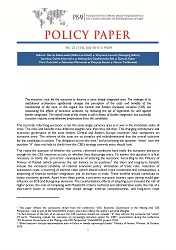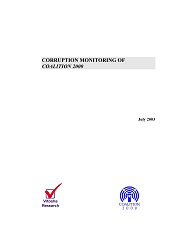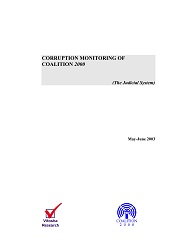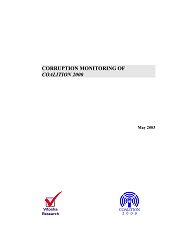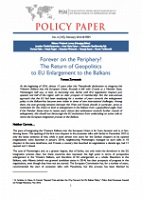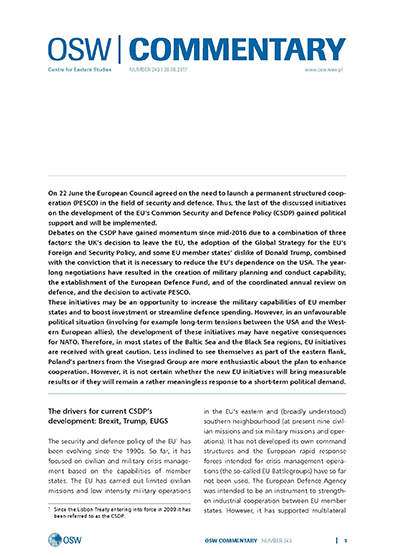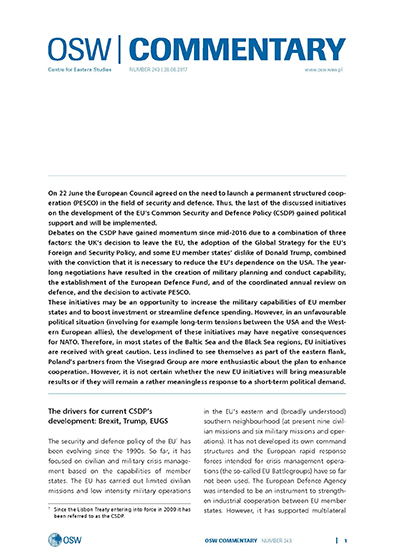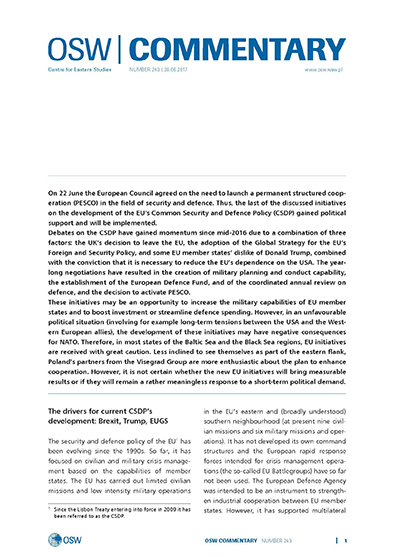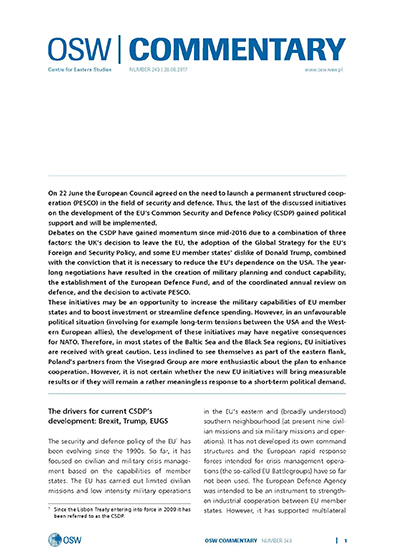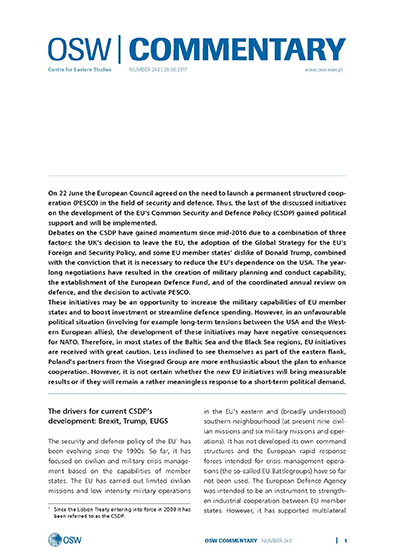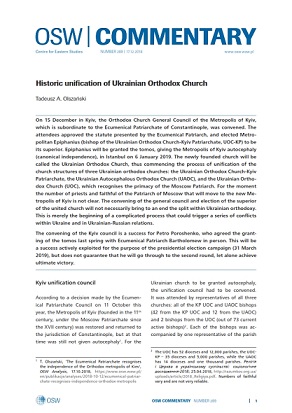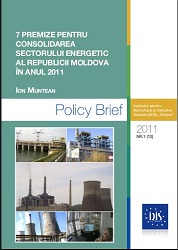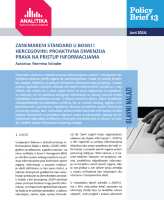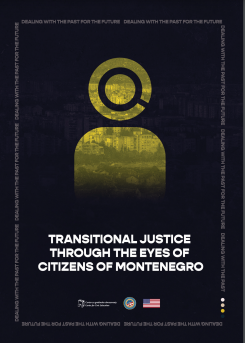Transitional justice through the eyes of citizens of Montenegro
Author(s): Miloš Vukanović / Language(s): English
Keywords: Montenegro; politics; government system; transition; justice;
A public opinion poll on the knowledge and attitudes of Montenegrin citizens about war crimes and transitional justice was conducted in order to obtain annual cross-sectional data. The data were compared, in the part of the same questions, with last year’s similar survey conducted by the Centre for Civic Education (CCE). Additionally, for the first time, questions were introduced that shed light on the perceptions of citizens about the attitude of the judiciary and certain state institutions towards war crimes. Such regular monitoring of the public’s knowledge and attitudes also provides useful insight into the effects of the work of various social actors in the process of dealing with the past. Also, in this manner, an empirical base is obtained concerning key issues that marked the political and social life in the past year, concerning this process, and the impact it had on society. For example, the issue of attitudes towards the genocide in Srebrenica marked the second quarter of the political life in Montenegro in 2021 and led to the first dismissal of a minister in the new Montenegrin Government, which was formed in December 2020. However, it is only this research that indicated that the dominant majority of Montenegrin citizens state that they know what happened in Srebrenica in 1995 (86%), than that twothirds of them define it as genocide, while the rest believe that it is a great war crime, but not genocide, or that there was a war in which people were killed on all sides. It is also interesting that with the controversial position of the former Minister of Justice, Human and Minority Rights, Vladimir Leposavić, that he is “ready to admit that the crime of genocide was committed in Srebrenica once it is unequivocally established “, more than half of the citizens did not agree, which could have been instructive for political decision-makers as well. However, on the other hand, the research indicated the overall complexity of Montenegrin society. Hence, the opposition parties, which initiated the impeachment of this minister due to his position on Srebrenica, are not significantly recognized by the citizens as political entities that advocate transitional justice. That points that their inadequate relation towards the issues of facing with past from the period when they had power has not been forgotten. The research is part of the “Dealing with the Past for the Future” project, which the Centre for Civic Education (CCE) is implementing with financial support from the U.S. Government, through the State Department’s Bureau of International Narcotics and Law Enforcement Affairs (INL).
More...
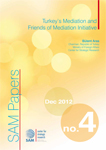

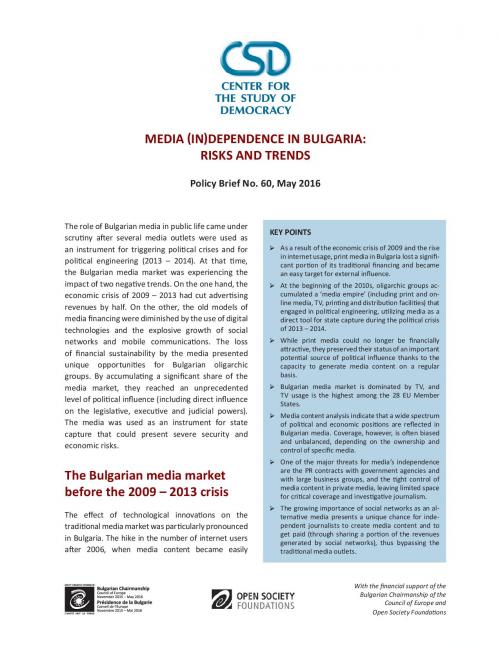
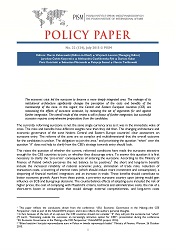
![Mission [Im]Possible. Identity Crises in the Bulgarian Army‘s Officer Corpus During the Nato Accession](/api/image/getgrayliteraturecoverimage?id=document_cover-page-image_513054.PNG)
